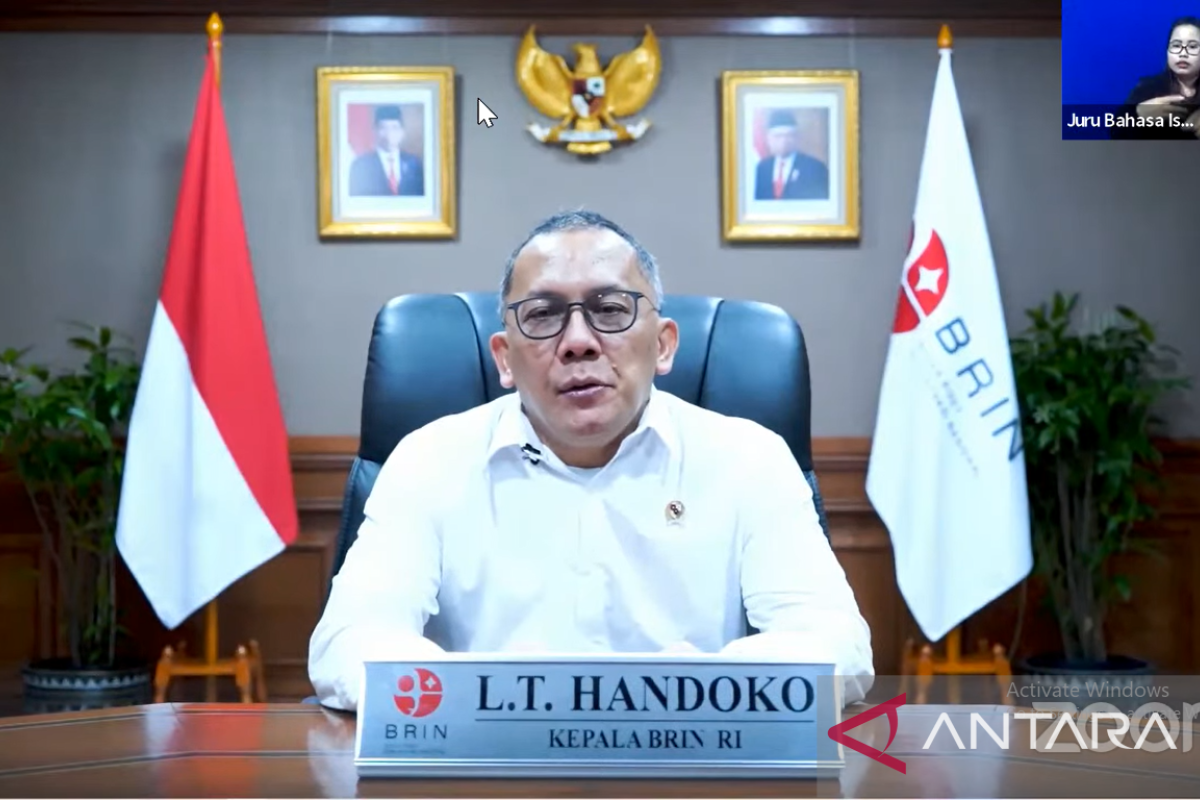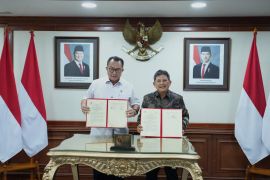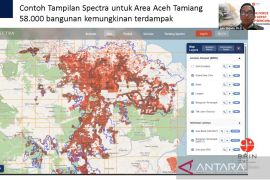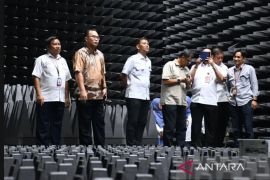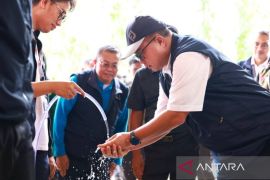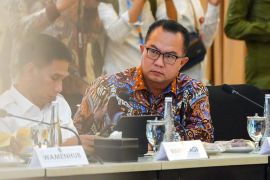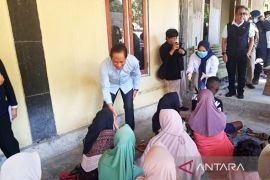The demographic bonus will end in 2045, when the proportion of the productive population will be smaller than the non-productive population, BRIN head Laksana Tri Handoko noted during the “Utilizing Demographic Bonus in Fulfilling Development and Developing the Nation” webinar on Friday.
This means that the country has to implement various programs and strategies to anticipate future changes in the population structure, he said.
Indonesia is facing the challenge of improving the quality of the productive age population in order to reap a bonus in national development while the productive age population is still larger compared to the non-productive population.
Related news: BRIN intensifies low-carbon technology development
The quality of the population refers to the Human Development Index (HDI), which encompasses education, health, and income or economy.
The index needs to be the foundation for programs and strategies to bolster the quality of human resources from the bonus demographic.
One aspect of quality that can be improved is social protection insurance, which can be bolstered by strengthening easily accessible health services.
The strategies to achieve this include using the life cycle approach that starts from the first one thousand days of life to the elderly stage.
In the 2015–2045 period, the population aged 7–18 years, namely elementary and middle school students, will continue to increase.
Related news: BRIN to continue research, innovation in new and renewable energy
The same will be the case with the population aged 19–23 years, or those who are pursuing a university education.
Thus, it must be ensured that the population in these age ranges receives quality education services, while upholding the principle of egalitarian access to quality education for all, Handoko said.
He also highlighted the importance of creating human development programs through literacy dissemination starting from families, educational institutions, as well as the general public.
He said he expects the webinar to serve as a platform for all parties to understand the issue and seek solutions to the problem, including by formulating accurate policies related to the demographic bonus.
Related news: ETWG to seek energy transition breakthroughs ahead of G20 Summit
Related news: G20 EdWG prepares younger generation for world of work: Spokesperson
Translator: Martha H S, Fadhli Ruhman
Editor: Fardah Assegaf
Copyright © ANTARA 2022
